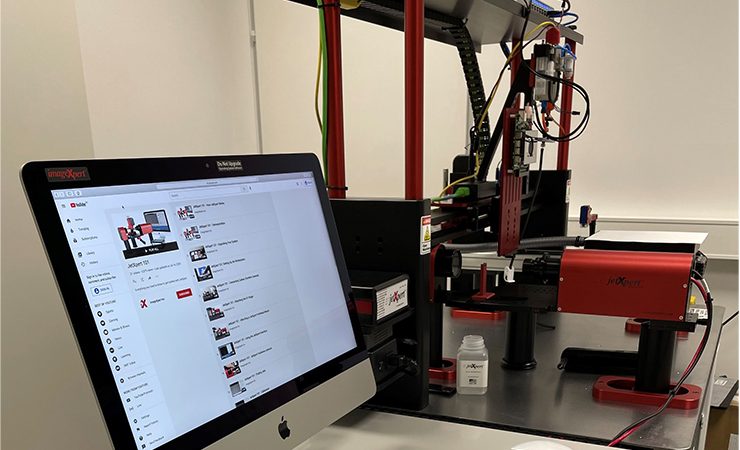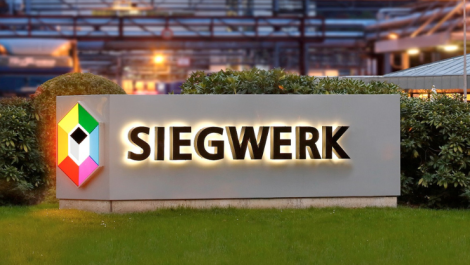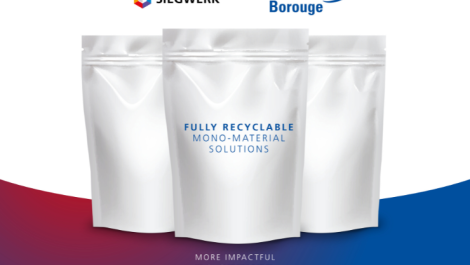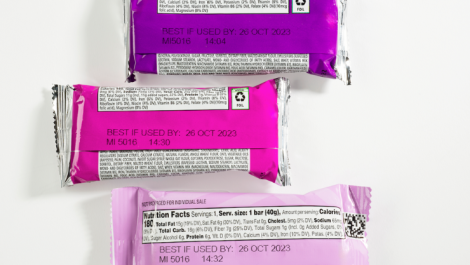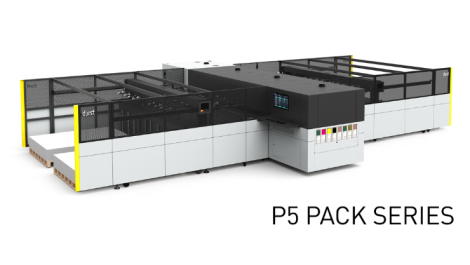Printing ink manufacturer Zeller+Gmelin is expanding its portfolio with UV-curable and water-based solutions for inkjet printing.
Traditionally specialising in radiation curing ink systems for offset and flexographic printing, the decision to expand into digital printing was made in 2019, and is aimed at securing the future of the company’s brand as a global manufacturer of printing inks in the segments of labels and packaging, as well as molded parts and metal decoration.
To this end, inkjet specialists were added to the existing team with its profound knowledge of ink formulation. At the same time, extensive investments were made in R&D infrastructure, as well as production. In addition, a printing laboratory dedicated to inkjet was set up.
Zeller+Gmelin is working with system integrators and machine manufacturers for its digital developments, according to Jochen Christiaens, the digital printing specialist responsible for this strategic business area. The aim is to exploit synergies from knowledge of chemistry and inkjet technology, as well as from the application-related expertise the ink manufacturer has at its disposal thanks to its many years operating in various packaging segments.
Currently, development is taking place primarily for applications in large format printing and in the growing market for industrial digital printing for individual design on glass, plastic and metal. In addition, traditional business areas of the company such as narrow web, metal and molded article printing are also coming into focus. In these segments in particular, the transition from analogue to digital printing technologies is ‘in full swing’.
‘Analogue-to-digital’ is one of the categories being contest in the brand-new Digital Labels & Packaging Awards, with the winners to be presented at the ceremony at the Kia Oval in London on 23 June. Tickets and tables can be booked now at www.dlandpawards.com.
The extensive knowledge that Zeller+Gmelin has in ink systems for analogue printing processes serves as a, ‘valuable basis for development in the digital printing sector,’ according to the company. However, the applications in this area present new challenges, such as the lower viscosity of digital inks that require adapted laboratory and analysis equipment, as well as production facilities.
For this specific reason, the printing ink specialist has established an independent Inkjet Application Lab at its headquarters in Eislingen, Germany. This facility is equipped with a special printing system from ImageXpert. The equipment includes a camera for observing droplet formation, an LED dryer from Integration Technologies for curing the ink, and facilities for pretreating substrates so that surface tension can be influenced. Using this system, Zeller+Gmelin’s inkjet team is able to replicate virtually any printing application and implement product developments largely in-house.

